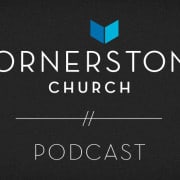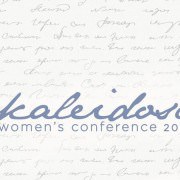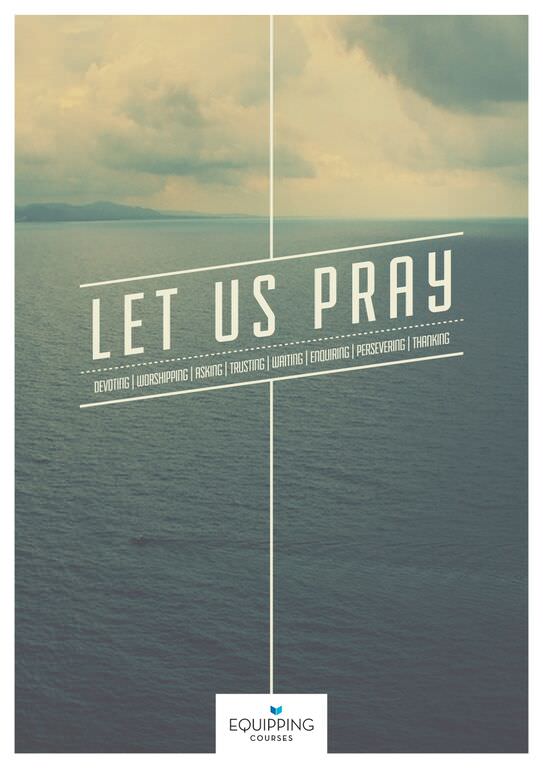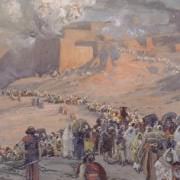Just like 1 & 2 Samuel, the two books of Chronicles are one in the Hebrew Bible. If you found Leviticus hard to get through then Chronicles is second hardest. This is mostly because it starts with a nine-chapter genealogy from the beginning of time until the time of its writing.
The Hebrew name for Chronicles means ‘the events of the days’. The books are written long after the events of Israel’s exile. It covers events we see in the books of Kings but the angle is quite different. Chronicles is concerned with religious history, the southern kings and God’s divine faithfulness. It is a positive and optimistic book.
The Chronicler (we don’t know the author) is dealing with Israel at a time when they are asking questions about the past exile and wondering about their relationship to God. They are asking questions like, “Are we still the people of God?”, “Do God’s promises pass on beyond the exile?”, “How do we move forward with God?” The writer is addressing these questions while chronicling the history of Israel.
The books break up into three main sections: the genealogies (1 Chron. 1-9), unity under David and Solomon (1 Chron. 10- 2 Chron. 9), the divided kingdoms (2 Chron. 10-36).
The genealogies (1 Chron. 1-9)
If you wanted to know if “God has abandoned you” a genealogy that goes back to Adam will answer, “Of course not!” A genealogy would also have functioned practically for eligibility for kingship, social status, military obligations and tracing family lines. For the modern reader these may seem rather boring but just like the genealogy in Matthew there is benefit in studying these.
Unity under David and Solomon (1 Chron. 10- 2 Chron. 9)
Chronicles traces the same history as Kings but leaves out all the ‘messy and disobedient’ bits. The concern of Chronicles is more to demonstrate a big-picture view of Israel’s history from the perspective of events rather than the characters. Possibly the reason was to inspire hope in this: God would work out his plan despite the characters involved.
The divided kingdoms (2 Chron. 10-36)
In a wide thematic approach the Chronicler differs from Kings in that Kings describes the events of the split and leading up to exile from a ‘God point of view’. Kings mentions God’s disapproval many times. Chronicles, being written many years after, picks up the idea (2 Chron. 7:14 not mentioned in Kings) that if Israel respond and had responded correctly, some of the judgment could have been averted. Again hope is shown for the future, encouraging readers not to make the same mistake.
To encourage you – these are the writings God has given us. They will teach us about Him, ourselves, following Him and so much more. Please don’t let the genre or our distance and removal from the historical situation prevent your growing knowledge of God and his amazing word.
Picture: “Tissot The Flight of the Prisoners” by James Tissot – Licensed under Public Domain via Wikimedia Commons.






